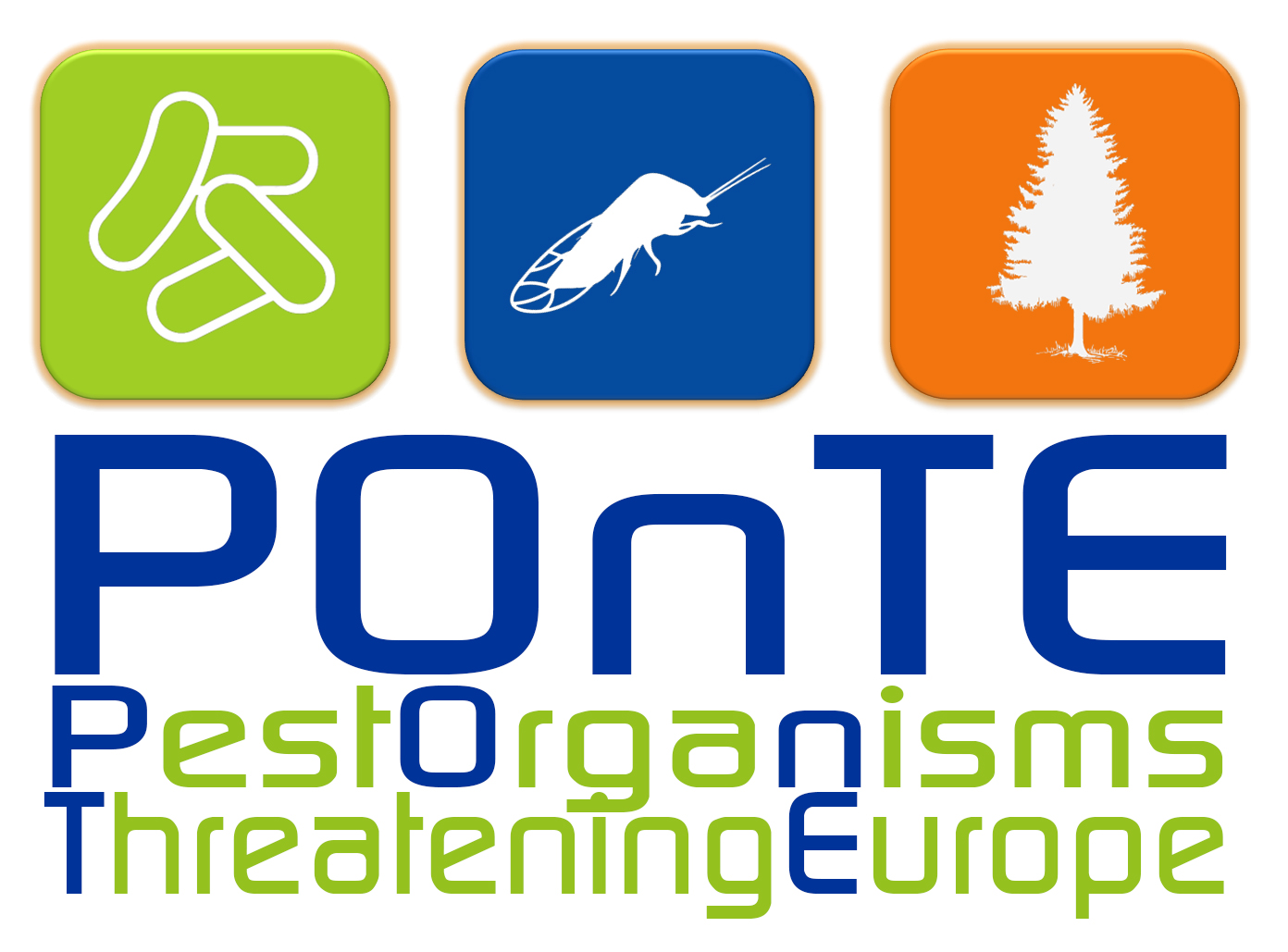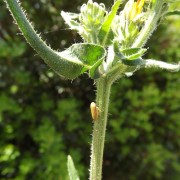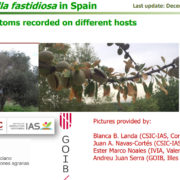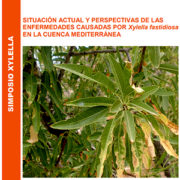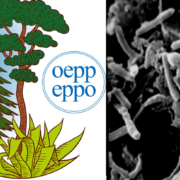New insights from the studies investigating the role of Xylella fastidiosa infections in the development of the Olive Quick Decline Syndrome
The results of a 2-year research program investigating the aetiology of the Olive Quick Decline Syndrome (OQDS), primarily focusing on assessing the association of Xylella fastidiosa and the severe disease affecting olive trees in Salento (southern Apulia), have been just published in the current issue of Scientific Reports by the Italian team of researchers of CNR-IPSP, University of Bari and Centro di Ricerca, Sperimentazione e Formazione in Agricoltura “Basile Caramia”.
Field surveys, isolation and artificial inoculations of the bacterium (strain De Donno, sequence type ST53) on olive plants under controlled conditions, demonstrated that the bacterium is the causal agent of this newly reported olive disease, fulfilling the Koch’s postulates. These results further extend the list of the known detrimental diseases caused by this pathogenic bacterium and confirm the potential threat posed by its spread in the European and Mediterranean countries. The work represents one of the major accomplishments achieved in the framework of the H2020 Project POnTE (645636) and advances the data initially gathered within the EFSA pilot project NP.EFSA.ALPHA.2014.07
Besides providing evidence of the primary role of X. fastidiosa infections in the aetiology of the OQDS, the work provides further evidence on the differential olive cultivar response to the bacterial infections. Symptoms (i.e shoot dieback and desiccation) reproduced under controlled conditions on the inoculated plants of the cultivar Leccino were significantly lower than those scored on plants of the susceptible cultivar Cellina di Nardò.
Furthermore, successful artificial inoculations followed by expression of symptoms demonstrated the pathogenicity of this strain on Polygala myrtifolia and oleander.
The study is openly-accessible at this link.
